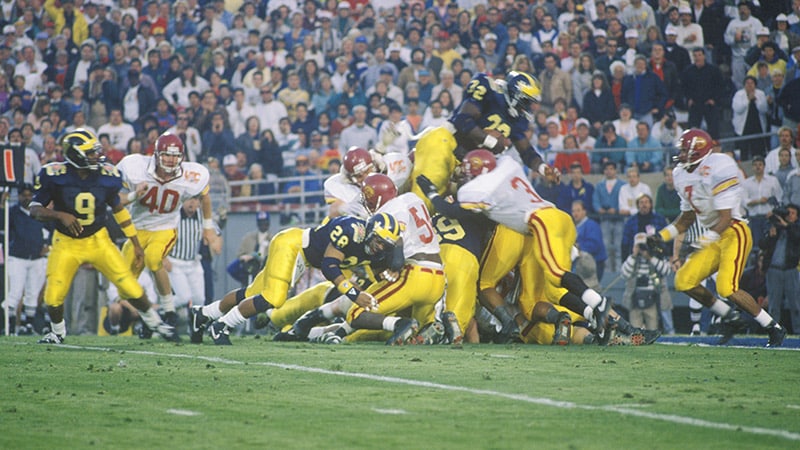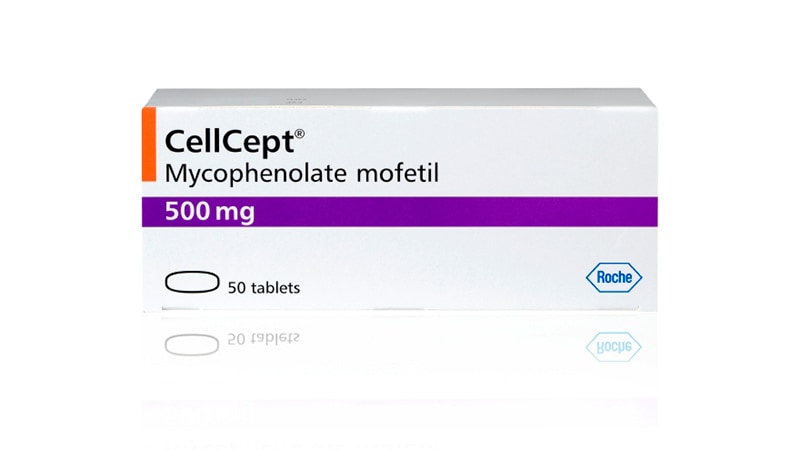
A new study has identified strains of gut microbiota that are associated with more severe strokes and worse post-stroke recovery, revealing that the gut microbiome could be an important factor in stroke risk and outcomes.
The study, presented today at the European Stroke Organisation Conference (ESOC 2022) pinpointed specific groups of bacteria associated with poorer neurological recovery from ischemic stroke, both in the acute phase (24 hours) and after three months.
The research identified multiple types of bacteria were associated with ischemic stroke risk, including Fusobacterium and Lactobacillus. Negativibacillus and Lentisphaeria were associated with a more severe stroke in the acute phase (at 6 and 24 hours respectively), and Acidaminococcus related to poor functional outcomes at three months.
Dr. Miquel Lledós, lead author from the Sant Pau Research Institute Stroke Pharmacogenomics and Genetics Laboratory, Barcelona, Spain, commented “The influence of the gut microbiome—the trillions of bacteria and other microorganisms that live in the gut—is a modifiable risk factor associated with the risk of stroke and with post-stroke neurological outcomes. However, most research has previously been done in animal models.”
“In this study we took fecal samples—the first samples taken after the event—from 89 humans who’d suffered an ischemic stroke. Comparing with a control group, we were able to identify multiple groups of bacteria that were associated with a higher risk of ischemic stroke.”
An ischemic stroke occurs when a clot or other blockage blocks the blood supply to the brain and is the most common type of stroke. In Europe, 1.3 million people suffer a stroke every year and it is the second most common single cause of death.
“The discovery opens the exciting prospect that in the future, we may be able to prevent strokes or improve neurological recovery by examining the gut microbiota. In other pathologies, clinical trials are being carried out where researchers replace the intestinal flora through dietary changes or fecal transplantation from healthy individuals and this should be studied further in the stroke field.”
The association between certain strains of gut bacteria and risk of ischemic stroke was reinforced in another study presented at ESOC this week by a team from Yale University, Connecticut, U.S.
The researchers analyzed statistics from the Flemish Gut Flora Project and the MEGASTROKE consortium, using a technique called Mendelian Randomization (MR), which measures variation in genes to examine the causal effect of an outcome or exposure. The study identified 20 microbial traits significantly associated with the risk of developing at least one subtype of ischemic stroke.
More information:
Influence of the gut microbiome in ischemic stroke risk and ischemic stroke outcome, presented at the European Stroke Organisation Conference, 4 May 2022.
Provided by
European Stroke Organisation
Citation:
New study links gut microbiota strains with more severe strokes and poorer post-stroke recovery (2022, May 3)
retrieved 7 May 2022
from https://medicalxpress.com/news/2022-05-links-gut-microbiota-strains-severe.html
This document is subject to copyright. Apart from any fair dealing for the purpose of private study or research, no
part may be reproduced without the written permission. The content is provided for information purposes only.
Note: This article have been indexed to our site. We do not claim legitimacy, ownership or copyright of any of the content above. To see the article at original source Click Here













